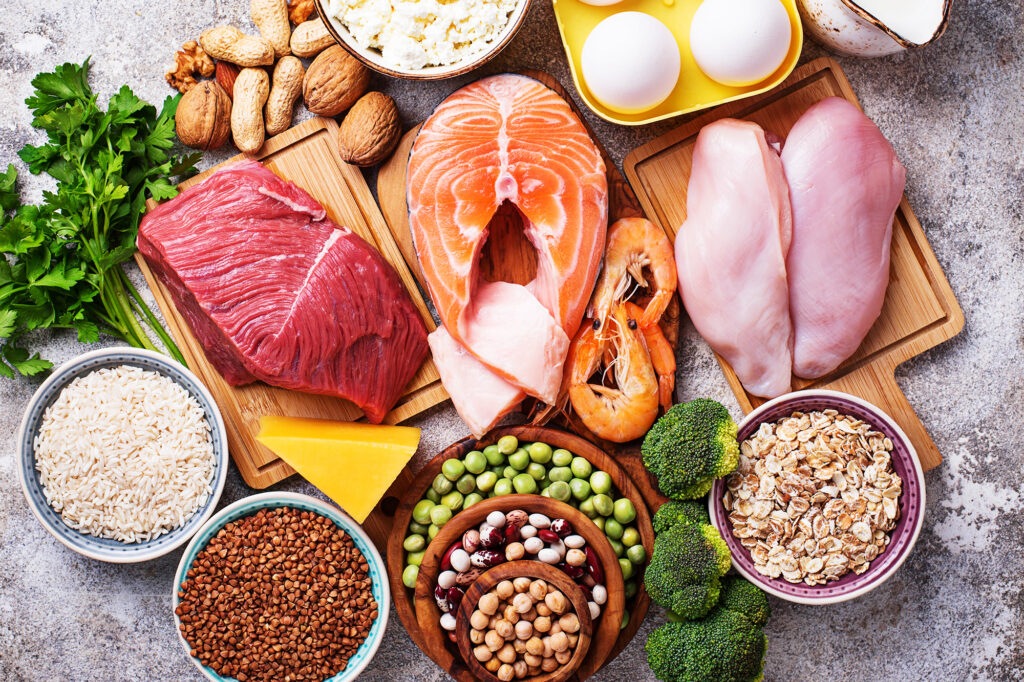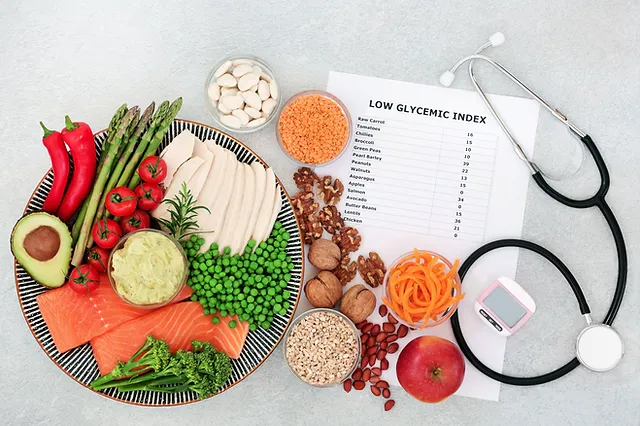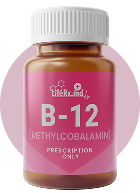High Protein Diet:

Healthy food high in protein. Meat, fish, dairy products, nuts and beans. Top view
Increasing protein intake is beneficial for those taking GLP-1 medications, especially for weight management. A 2021 study indicated that individuals on GLP-1 medications experienced a decrease in fat-free mass, suggesting potential muscle loss. To counteract this, a high-protein diet can support feelings of fullness, muscle tissue rebuilding, and improved recovery after exercise. Protein sources such as poultry, fish, beef, beans, legumes, eggs, tofu, and tempeh should be included.
Research underscores the importance of a high-protein diet during weight loss to prevent the loss of lean body tissue. Recommendations vary, but a range of 1.07-1.6 grams of protein per kilogram of body weight or 25-30% of total daily calories is often suggested.
Consistent Carbohydrate Diet:

A consistent carbohydrate diet is recommended for those seeking stable blood sugar levels. This involves spreading carb intake throughout the day to help manage glucose levels. Complex carbohydrates from whole grains, vegetables, fruits, beans, and legumes should be prioritized, while simple carbs found in sugary beverages, candy, desserts, and white bread should be limited.
This diet is particularly beneficial for individuals with insulin resistance, prediabetes, or type 2 diabetes, as it helps avoid rapid spikes in blood sugar levels.
Plant-Based Diet:
A plant-based diet, emphasizing plant-derived foods like whole grains, beans, legumes, fruits, vegetables, nuts, and seeds, may support both blood sugar control and weight loss. Studies have associated plant-based diets with improved gut health, insulin sensitivity, blood glucose levels, body weight, blood lipid levels, and blood pressure.
It’s crucial to focus on nutrient-dense plant foods and choose leaner animal products if included. The benefits of a plant-based diet depend on food choices, as some plant-based foods can be high in calories and sugar.
Mediterranean Diet:

The Mediterranean diet, centered around plant-based foods, healthy fats, and lean proteins like fish and seafood, is a popular choice. A 2020 study found that consistent adherence to the Mediterranean diet doubled the likelihood of maintaining weight loss.
If GLP-1 medications are prescribed for blood sugar control, the Mediterranean diet’s positive association with better blood sugar control makes it a suitable option.
Conclusion
There is no one-size-fits-all diet for individuals on GLP-1 medications. The key is to make dietary changes that align with individual preferences and needs, fostering sustainable habits. Consultation with healthcare professionals is essential for personalized guidance on GLP-1 medications and dietary choices.























